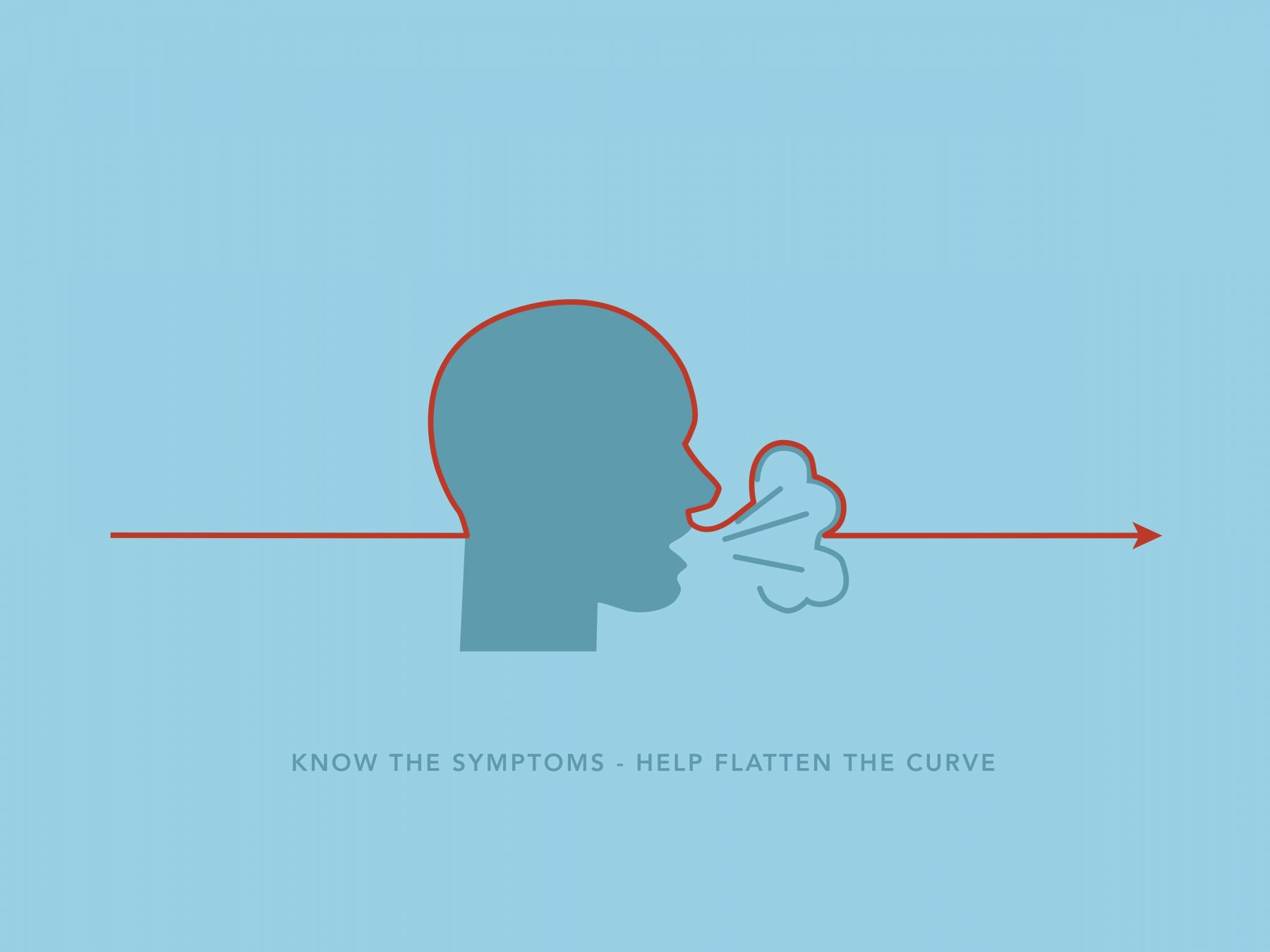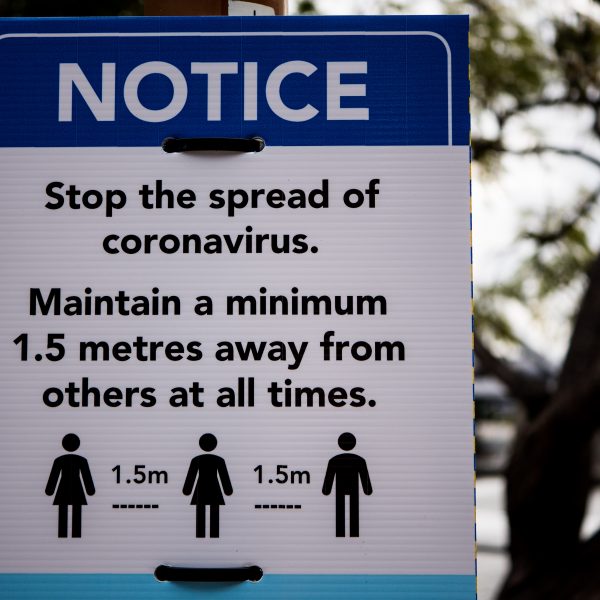ACTU puts ECEC at centre of plan for economic recovery

The Australian Council of Trade Unions (ACTU) has placed early childhood education and care (ECEC) at the forefront of its five-point plan for Australia’s post COVID-19 economic recovery, whilst at the same time seeking to secure paid pandemic leave for everyone who needs testing or must quarantine – no matter how many times this may happen.
Drawing support from Minderoo Foundation’s early learning initiative Thrive By Five, the Union is calling for a Government led National Economic Reconstruction plan which is supported by five “concrete ideas” that are designed to create and save jobs, protect and nurture whole industries, support public and private sector jobs, invest in future skills and training and strengthen Australia’s physical and social infrastructure.
Central to the success of the plan is “a national commitment to free ECEC”, which has several components, including:
- The provision of permanently free childcare;
- Capital investment to construct new high quality publicly funded not-for-profit facilities;
- The funding of universal access to 15 hours of preschool for three and four years olds; and,
- An extension and improvement of the current wage subsidy to support the ongoing employment of staff in this sector.
“Childcare investment will deliver the best bang for buck when it comes to economic recovery out of the pandemic. It is absolutely critical for business, families and women in particular,” Thrive By Five CEO Jay Weatherill said.
Over a million secure jobs would be created or supported under the “comprehensive and bold” economic reconstruction plan, an ACTU spokesperson added.
Other elements of the plan include a “massive” investment in training (including 150,000 free TAFE places), a ‘Rediscover Australia’ initiative to help the travel and hospitality sectors survive, a “large and sustained” increase in infrastructure investment and a comprehensive plan to expand sustainable manufacturing.
ACTU President Michele O’Neil said “big and bold” Government investment and action would be needed in order for Australia to return to health – both socially and economically.
“With almost one million people officially unemployed and many hundreds of thousands out of work, or without enough work, the Australian people need to see that the economy isn’t going to fall off a cliff.”
Mr Weatherill supported this perspective, saying “business will be right behind this kind of investment. It’s an immediate win for recovery and has long term workforce benefits.”
Importance of paid pandemic leave
The wages piece of the five-point plan will be of particular interest to those in ECEC, particularly as Victorian colleagues battle with a COVID-19 outbreak which is seeing a number of staff struggling with leave balances as they undertake testing, wait for results, and follow isolation and distancing instructions.
Conditions such as these have given the ACTU rise to also call on the Federal Government to “urgently provide paid pandemic leave at the full rate of pay for everyone who needs testing or must quarantine – no matter how many times this may happen”.
“All workers need to know they will receive 100 per cent of their wage while waiting for results and while in quarantine. If we do not urgently adopt this approach, insecure low paid workers are more likely to avoid testing because they are scared of losing their job and being left with nothing,” ACTU Secretary Sally McManus said.
The ECEC sector, with its high rates of casually employed educators, and educators employed under strict visa conditions, is especially vulnerable to the effects of the virus.
“We need strong laws to prohibit employers from sacking any worker in quarantine. People who are quarantining should be supported and acknowledged for saving lives and jobs by making this sacrifice,” Ms McManus added.
The Union cited mounting international evidence that vulnerable workers without sick leave and who fear losing their job can’t afford to take the actions needed to prevent further spread of the virus, and as such they avoid getting tested and being quarantined.
To learn more about how pandemic leave requirements should be implemented, under current legislation, please visit the Fair Work Ombudsman website, here.
To view the ACTU five point plan, please see here.
Popular

Quality
Practice
Provider
Workforce
Reclaiming Joy: Why connection, curiosity and care still matter in early childhood education
2025-07-09 10:00:07
by Fiona Alston

Quality
Practice
Provider
Research
Workforce
Honouring the quiet magic of early childhood
2025-07-11 09:15:00
by Fiona Alston

Workforce
Policy
Quality
Practice
Provider
Research
ECEC must change now, our children can’t wait for another inquiry
2025-07-02 07:47:14
by Fiona Alston













